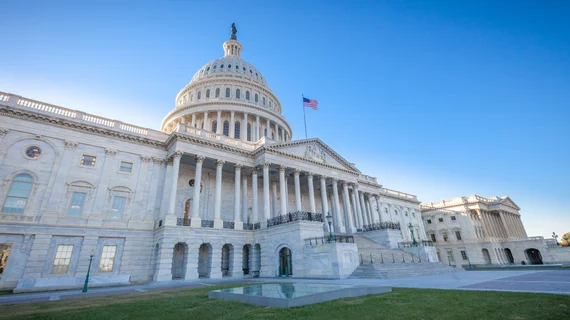Top health IT groups applauded a recent vote from the U.S. House of Representatives to remove language that has prohibited nationwide patient matching and interoperability efforts.
The House passed the bipartisan Foster-Kelly Amendment Friday as part of the six-bill FY2021 minibus package that also includes the Labor-Health and Human Services Appropriations bill. Approved by voice, the move eliminates Section 510 of the Labor-HHS bill and reverses the ban on using federal funding to create unique patient identifiers.
Such identifiers can include a patient’s name, date of birth, phone number, photo and social security number. Despite these unique identifying options, mismatches still occur and can cost the healthcare system upwards of $1,200 per case, according to a Mayo Clinic estimate.
Leading healthcare organizations have been pushing for this change for more than two decades. Patient ID Now, a recently formed coalition of five such groups, said failure to accurately pair patients with their data has also led to safety and quality concerns.
“HIMSS applauds the House of Representatives for taking decisive action to eliminate the outdated and harmful appropriations ban on a unique patient identifier and permit HHS to actively engage in developing a national patient matching strategy,” Hal Wolf, president and CEO of HIMSS—part of Patient ID Now—said in a statement. “We encourage the Senate to include similar language in their appropriations bill, so the healthcare community can take action to advance patient safety through interoperable digital health information exchange.”
Wiggs Harris, PhD, and CEO of the American Health Information Management Association—another coalition member—called the longstanding budget language “archaic,” and said matching patients to their data has grown even more crucial during this pandemic.
“Properly matching patients and their data not only improves care but is vital in the response to the current pandemic,” Harris added in a Friday statement. “Ensuring the correct patient medical history is accurately matched to the patient is critical for future patient care, patients’ long-term access to their complete health record, and for tracking the long-term effects of COVID-19.”
This same amendment made it through the House last year but didn’t pass through into law. Sen. Rand Paul, R-Ky, was one voice advocating against overturning the ban, claiming such a move would centralize America’s personal information.

